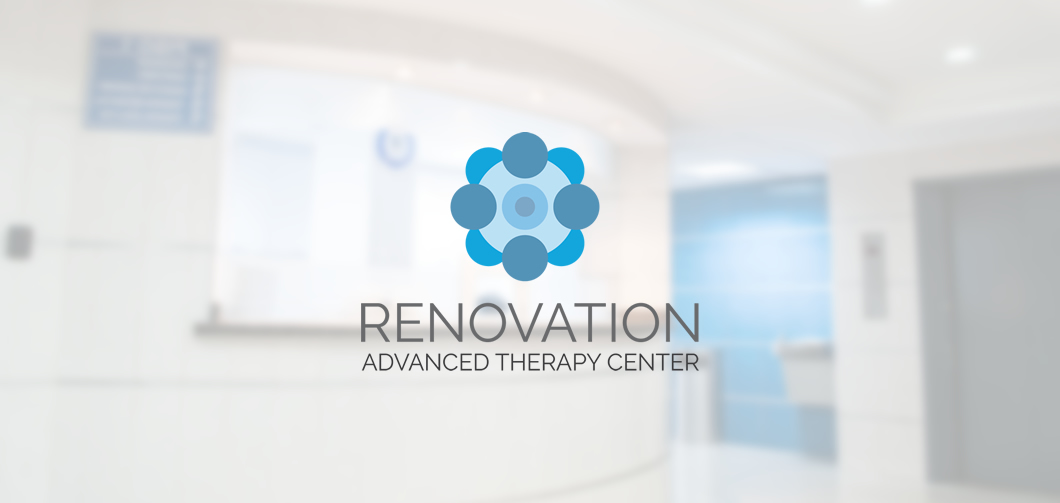Heart Failure

What is Heart Failure?
Heart failure is a condition in which the heart is not able to pump enough blood throughout the body for its normal function. The cause of this can be either functional or structural disorder of the heart. Common causes of heart failure include cardiomyopathy, hypertension, heart valve problems, and coronary artery disease.
Can stem cells help treat heart failure?
With respect to the heart, stem cells have the ability to not only move into the damaged areas but also to initiate a cascade of biological events that culminate in the healing of the heart muscle. For example, animal studies have demonstrated that stem cell therapy will cause new muscle cells to be formed through stimulation of dormant stem cells that are already inside the heart muscle. In these studies, the administered stem cell also transformed into new heart muscle cells.
At Renovation Stem Cell Institute, our stem cell treatment protocol for heart failure involves the administration of mesenchymal stem cells harvested from human umbilical cord tissue. Through the administration of mesenchymal stem cells, we have observed improvements in heart failure patients treated at our facilities.
Which types of stem cells are used to treat heart failure and how are they collected?
The adult stem cells used to treat heart failure at Renovation Stem Cell Institute come from human umbilical cord tissue (allogeneic mesenchymal). These stem cells are expanded at our laboratory. The mesenchymal stem cells we use are recovered from donated umbilical cords following normal, healthy births. Each mother has her medical history screened and is tested for infectious diseases. Proper consent is received from each family prior to donation.
All umbilical cord-derived stem cells are screened for infectious diseases to International Blood Bank Standards before they are cleared for use in patients. Only a small percentage of donated umbilical cords pass our rigorous screening process.
What are the advantages of treating heart failure with allogeneic umbilical cord tissue-derived stem cells?
· Since HUCT mesenchymal stem cells are immune system privileged, cell rejection is not an issue, and Human Leukocyte Antigen (HLA) matching is not necessary.
· The stem cells with the best anti-inflammatory activity, immune modulating capacity, and ability to stimulate regeneration can be screened and selected.
· Umbilical cord tissue provides an abundant supply of mesenchymal stem cells.
· No need to collect stem cells from the patient’s hip bone or fat under anesthesia, which especially for small children and their parents, can be an unpleasant ordeal.
· There is a growing body of evidence showing that umbilical cord-derived mesenchymal stem cells are more robust than mesenchymal stem cells from other sources.
· No need to administer chemotherapy drugs like Granulocyte-colony stimulating factor (G-CSF or GCSF) to stimulate the bone marrow to produce granulocytes and stem cells and release them into the bloodstream.
Another exceptional alternative Stem cell Therapy is the intravenous administration of cardiomyocytic differentiated stem cells.
What is a cardiomyocyte?
Cardiomyocytes are cells of the heart muscle capable of contracting spontaneously and individually. These cells also show specialization in excitation and conduction of action potentials. The cardiomyocyte represents the contractile unit of the myocardium.
